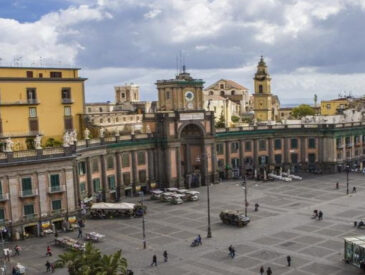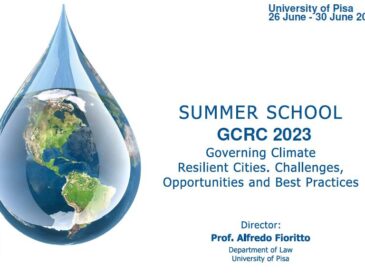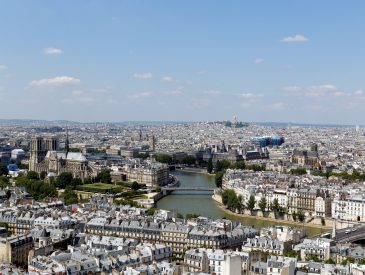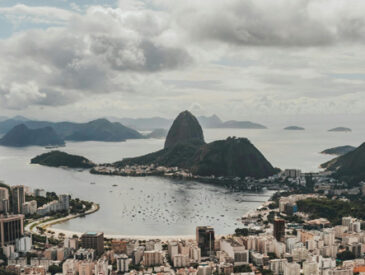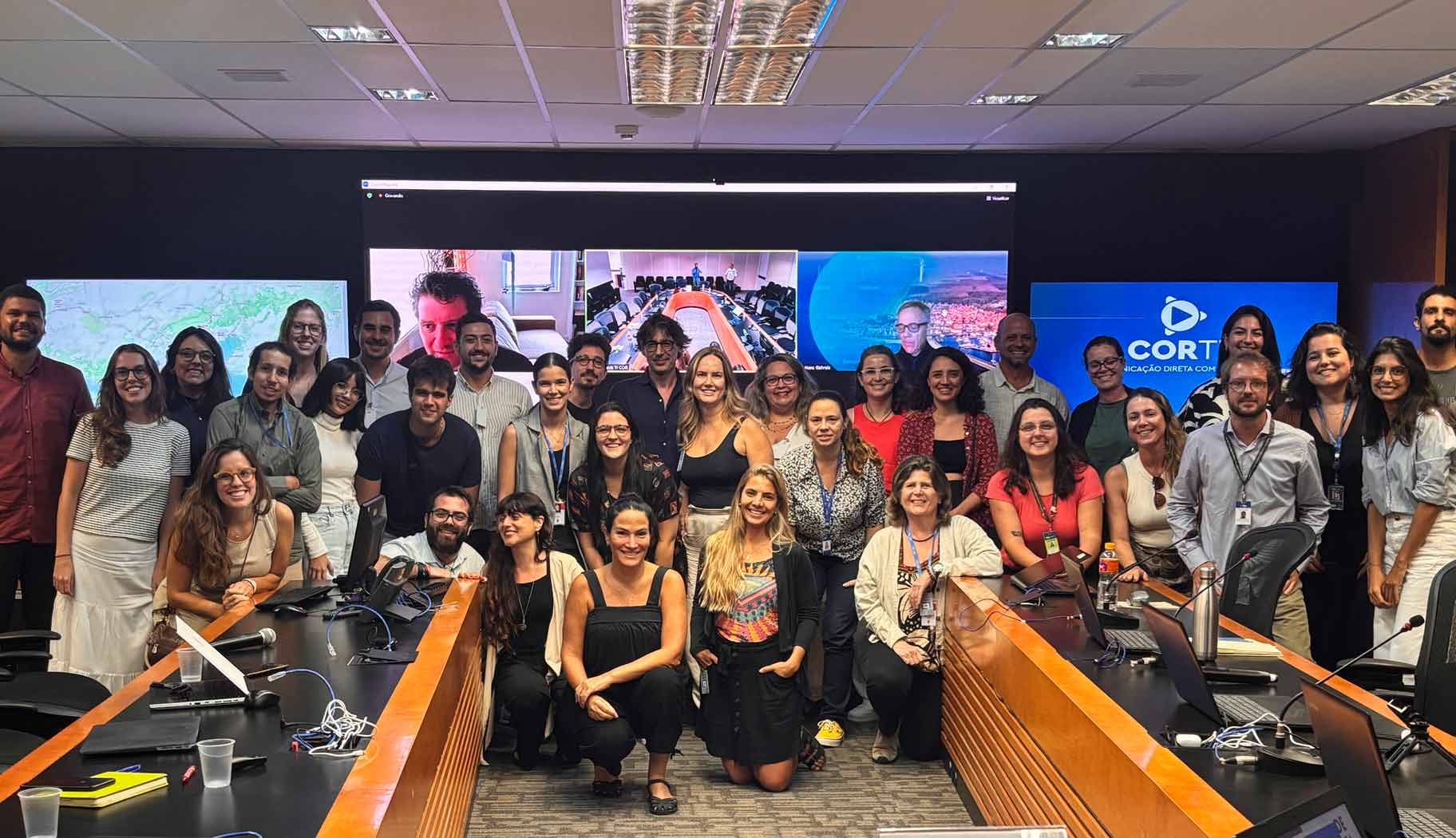The second UCCRN_edu Multiplier Event will take place in New York hosted by the Associated Partners Urban Climate Change Research Network, Columbia University and New York Institute of Technology. It will present the UCCRN_edu project in detail to the UCCRN community, so to maximise the involvement of UCCRN members in UCCRN_edu activities, as well as discussing the opportunity of implementing further joint educational activities.
The event is supported by the National Science Foundation (NSF) City-as-Lab RCN which has a similar mission to UCCRN_edu: 1. Developing research directions for the areas where current knowledge gaps exist; 2. Developing consensus on frameworks for integrated urban systems research, with focus on Food-Energy-Water Nexus; 3. Creating networking consortium to deepen existing early-stage collaborations; 4. Developing a dynamic education program for students with diverse backgrounds; 5. Expanding the network and evaluate the success of the network activities.
Research activities will be presented including capacity-building initiatives. The event is connected to the UCCRN-NSF RCN-New York Institute of Technology (NYIT) Urban Design Climate Workshop, which will take place in New York on 22 June, hosted by New York Institute of Technology.
The Urban Design Climate Workshop (UDCW) builds on the work of NYIT graduate students to configure a compact district in NYC to adapt and thrive in changing climate conditions, move toward post-carbon paradigm, and sustain a growing urban population. This UDCW proposes that re-configuring urban form according to climate-resilient principles will strengthen community adaptability to climate change, reduce energy consumption in the built environment, and enhance the quality of the public realm. The UDCW team tests this hypothesis by engaging the district as a climate laboratory, introducing the ideas, representations, and techniques of contemporary urban design and climate science through the lens of a resilient and sustainable built environment.

